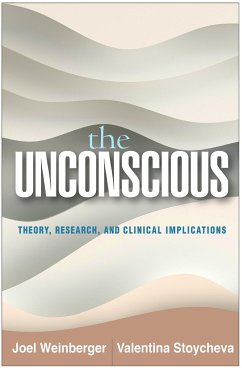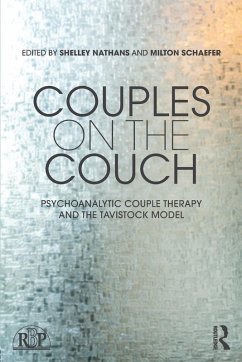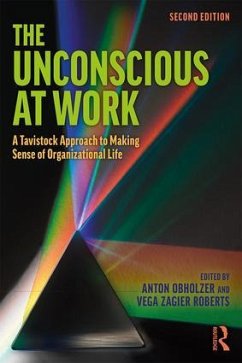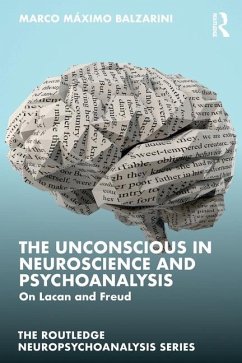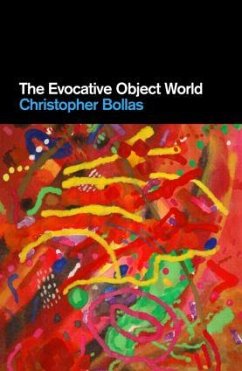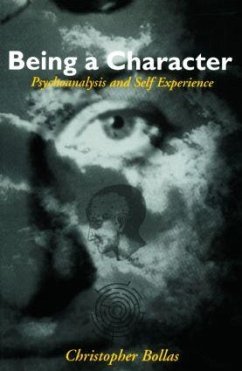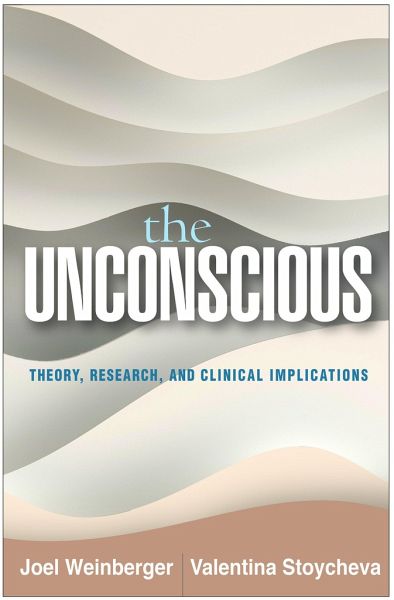
The Unconscious
Theory, Research, and Clinical Implications
Versandkostenfrei!
Versandfertig in 2-4 Wochen

PAYBACK Punkte
50 °P sammeln!




Weaving together research, theory, and clinical insights, this book provides a new understanding of the unconscious and its centrality in human functioning.
Dieser Artikel kann nur an eine deutsche Lieferadresse ausgeliefert werden.
Joel Weinberger, PhD, is Professor in the Derner School of Psychology at Adelphi University. He is a Fellow of the Association for Psychological Science and of the American Psychological Association. His research on unconscious processes has been recognized with the Ulf Kragh Award from the University of Lundh, Sweden. Author or coauthor of approximately 100 publications, Dr. Weinberger is a founder of Implicit Strategies, which consults for political campaigns, nonprofits, and businesses. His political and business commentaries have appeared in the national media. He is also a practicing clinical psychologist. Valentina Stoycheva, PhD, is a staff psychologist at Northwell Health in Bay Shore, New York, where she works with military service members, veterans, and their families. She is also a cofounder and director of Stress and Trauma Evaluation and Psychological Services (STEPS), a group practice that focuses on the integrative treatment of trauma. Dr. Stoycheva has taught undergraduate- and graduate-level courses and has contributed to over a dozen publications and presentations in the fields of trauma, family dynamics, and the psychotherapy process. In 2018, she was named one of Adelphi University¿s 10 Under 10 outstanding young alumni.
Produktdetails
- Verlag: Guilford Publications
- Seitenzahl: 396
- Erscheinungstermin: 18. Dezember 2019
- Englisch
- Abmessung: 236mm x 158mm x 35mm
- Gewicht: 658g
- ISBN-13: 9781462541058
- ISBN-10: 1462541054
- Artikelnr.: 56155379
Herstellerkennzeichnung
Libri GmbH
Europaallee 1
36244 Bad Hersfeld
gpsr@libri.de
Für dieses Produkt wurde noch keine Bewertung abgegeben. Wir würden uns sehr freuen, wenn du die erste Bewertung schreibst!
Eine Bewertung schreiben
Eine Bewertung schreiben
Andere Kunden interessierten sich für


